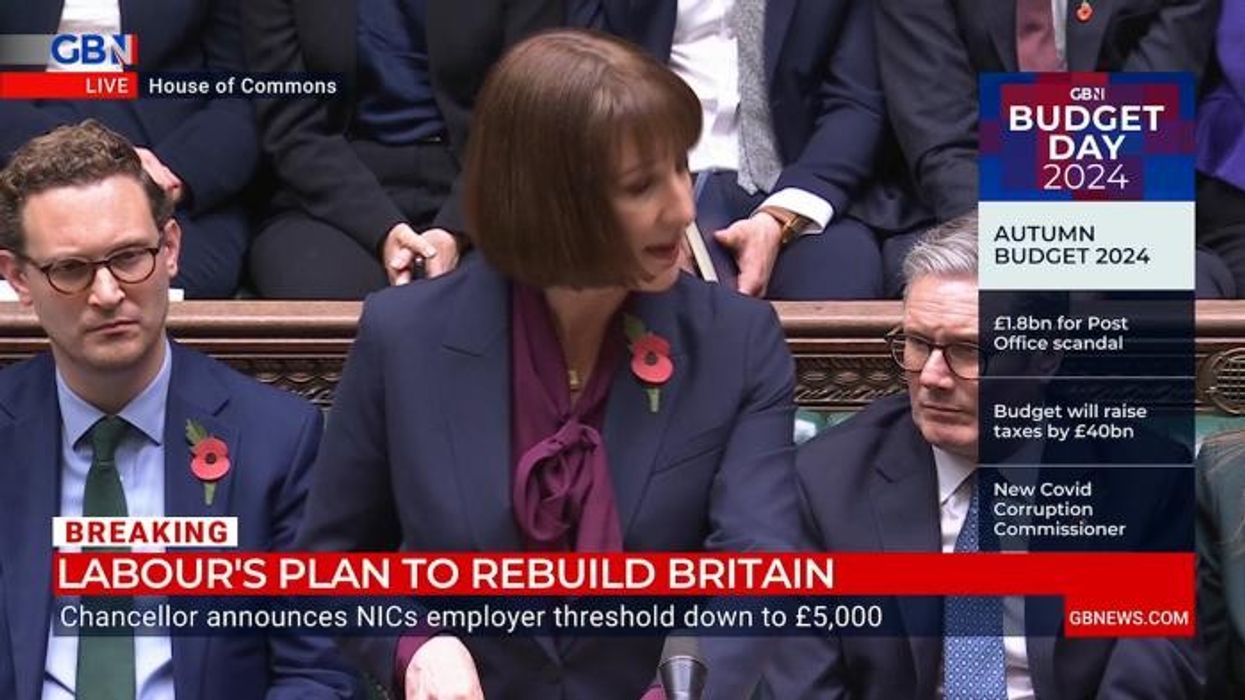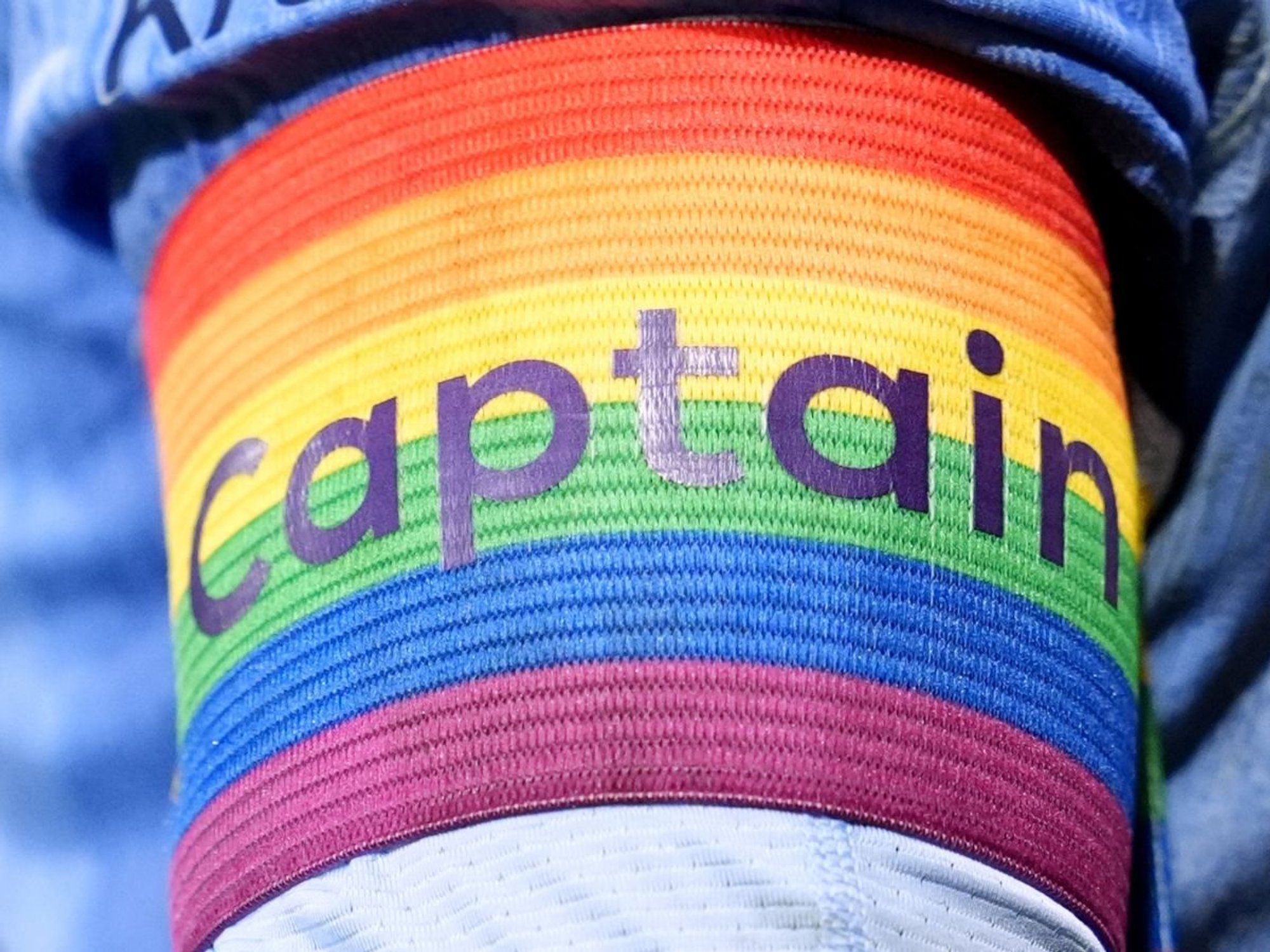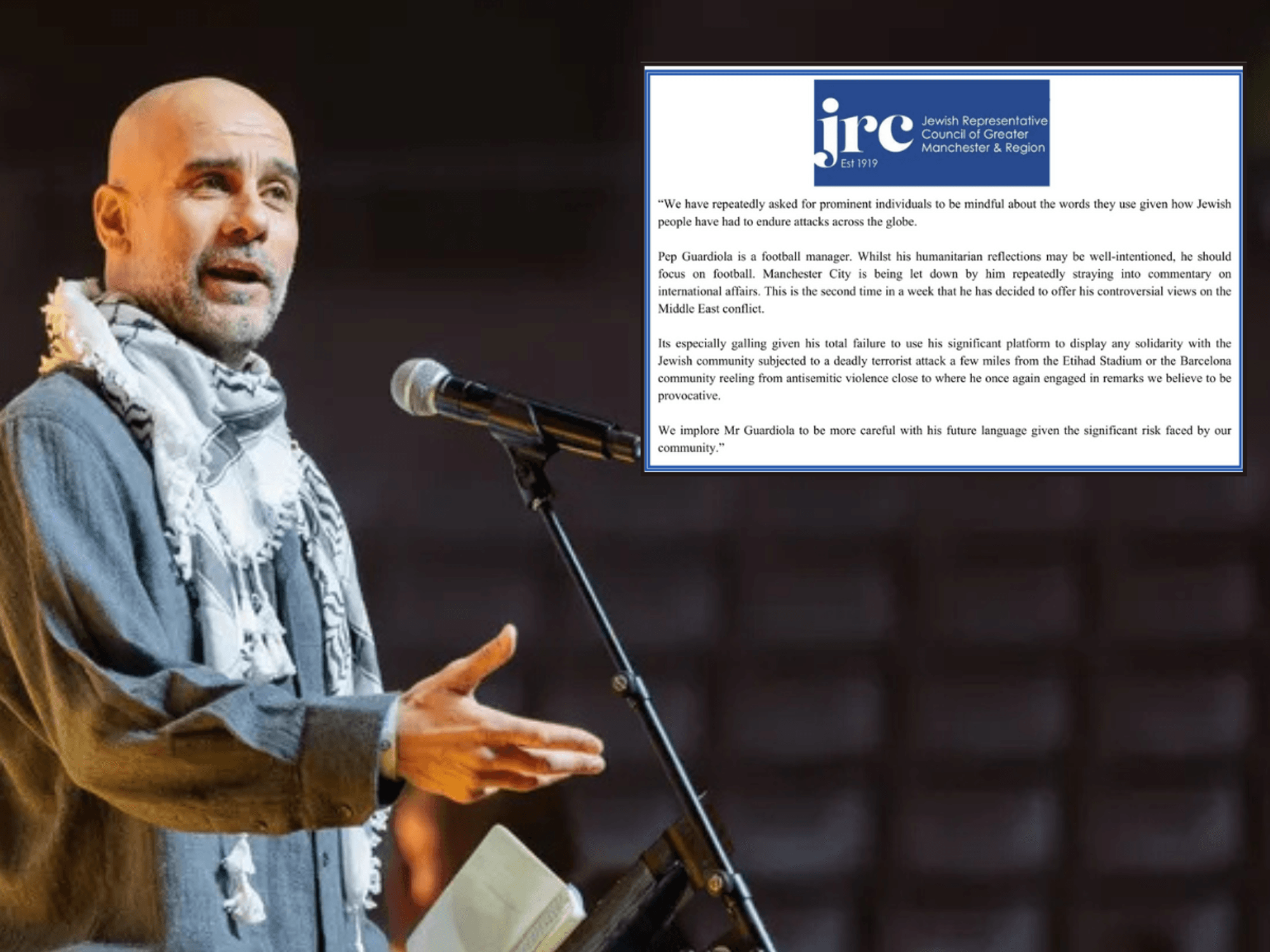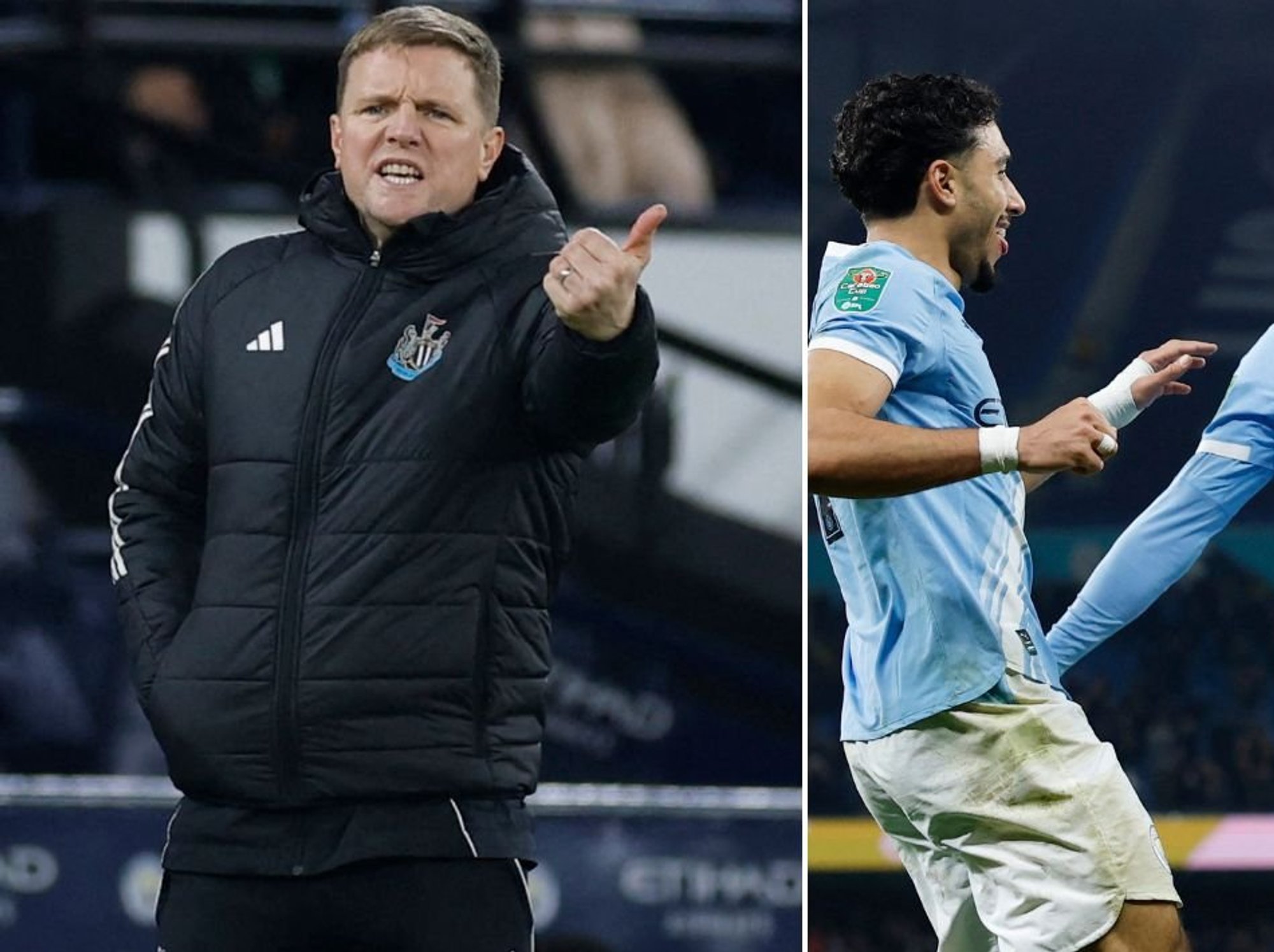Major car tax changes launching within months will include DVLA update as drivers face £5,490 bill

The Chancellor unveiled changes to support the uptake of electric vehicles
Don't Miss
Most Read
Latest
The DVLA has announced that it will be making huge changes in the coming months that could impact the way car taxes are rolled out.
The Driver and Vehicle Licensing Agency (DVLA) has published its 2024-25 Business Plan to outline the plans to digitise its service and make it easier for motorists.
As part of these measures, the DVLA stated that it will deliver the Vehicle Excise Duty technical changes required for electric vehicles and low emission vehicles.
While these changes will take effect from April 1, 2025, the DVLA is targeting March 2025 as the deadline to introduce these changes.
Do you have a story you'd like to share? Get in touch by emailing motoring@gbnews.uk
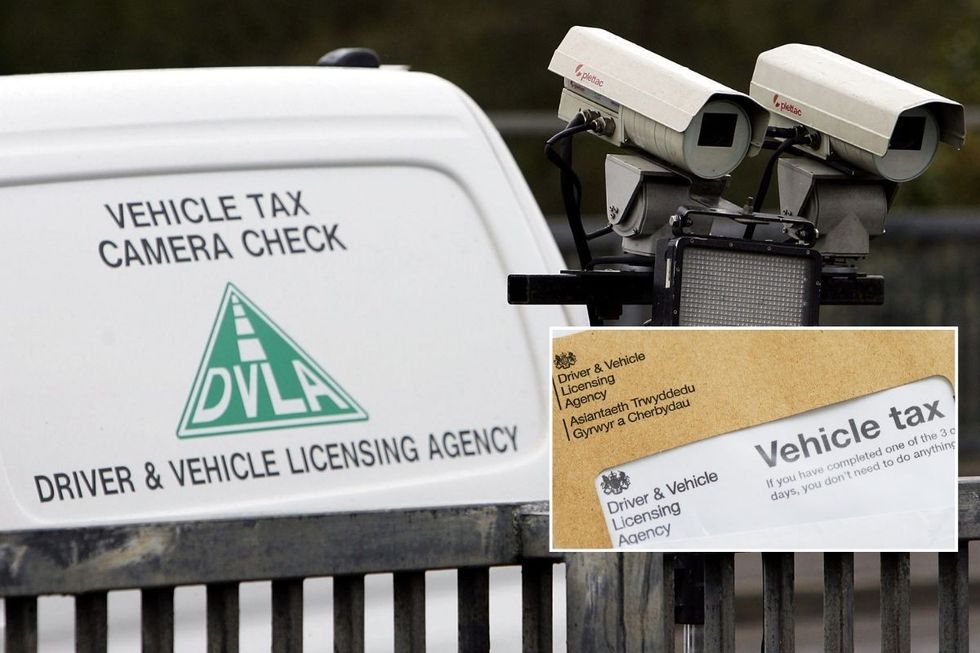
The DVLA will be introducing measures in preparation for car tax changes next year
|GETTY
From April, electric and low emission cars, vans and motorcycles will need to pay vehicle tax in the same way as drivers of petrol and diesel vehicles.
At present, electric vehicles do not pay any car tax, although they will be moved up to the first band where a rate comes payable.
Electric vehicles registered on or after April 1, 2025, will pay the lowest first year rate of vehicle tax (1-50g/km of CO2), which is currently £190 for 2024.
The recently unveiled Autumn Statement outlined that the Government will uprate Vehicle Excise Duty (VED) rates for cars, vans and motorcycles, excluding first year rates for cars, in line with inflation from April 2025.
The Budget also aimed to strengthen incentives to purchase electric vehicles by "widening the differentials" between zero emission cars and internal combustion engine cars.
Zero emission cars will pay the lowest first year rate at £10 until 2029-30, while rates for cars emitting 1-50g/km of CO2, including hybrid vehicles, will increase to £110 for 2025-26.
The largest change will see all other rates for cars emitting 76g/km of CO2 and above will double their current levels for 2025-26.
In some cases, the most polluting petrol and diesel cars, which produce over 255g/km of CO2, are expected to fork out £5,490.
Other plans mentioned in the DVLA Business Plan outline how systems will be developed to issue a domestic Driver Qualification Card for the introduction of the reformed national training for Certificate of Professional Competence (CPC).
The DVLA also said it would design, procure and commence the transition to alternative hard services facilities management arrangements in preparation for the expiration and exit of the DVLA's Private Finance Initiative (PFI) contract on March 31, 2025.
A March 2025 deadline has also been set for the delivery of finance performance in line with the agreed Department for Transport forecast accuracy target against the Supplementary Estimate forecast.
The Budget also stated that the Government will uprate the HGV VED rates in line with inflation from April 1, 2025, as well as uprating the HGV Levy.
LATEST DEVELOPMENTS:
- Calls grow for older motorists to take 'driving assessments' after 'disappointing' Budget omission
- Parking law proposals could have seen drivers banned from reversing out of parking spaces - 'Speechless!'
- Tesla faces serious issues as sales are beaten by China's BYD for the first time in huge EV shift
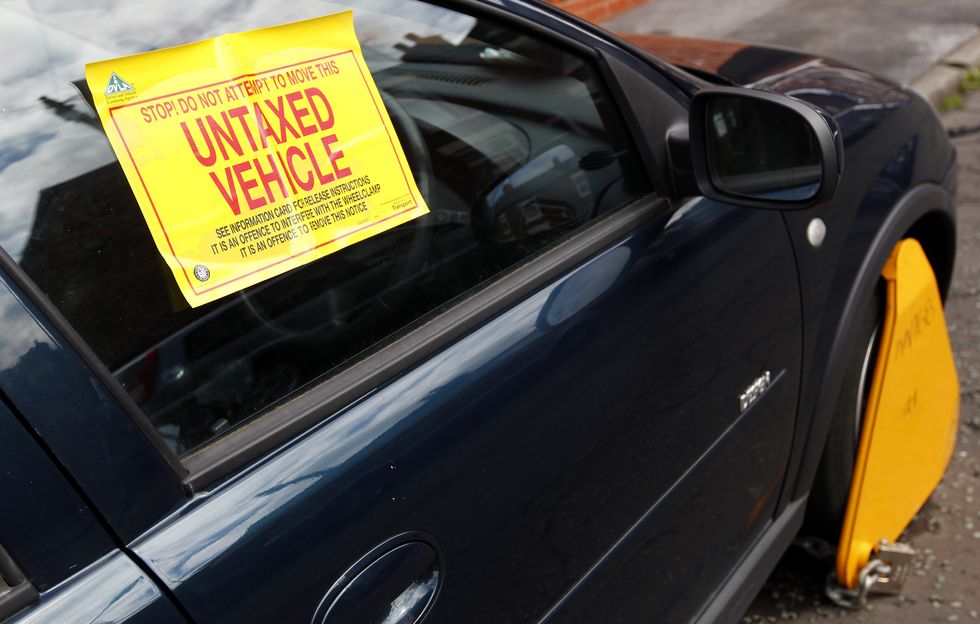
Many motorists could see their car tax prices double next year
| PAThe Van Benefit Charge and the Car and Van Fuel Benefit Charges will be hiked from April 6, 2025, by the level of the Consumer Prices Index (CPI).


